When it comes to soap making, cold or hot process, distilled water is often used. The question that comes after making a few batches of soap is. What else can I use instead of distilled water? This is a question I had asked myself a few time until curiosity got the better of me and I searched for an answer. To put it bluntly, during my research found that distilled water is the safest liquid that can be used in soap making without introducing a list of complications that you typical would like to avoid.
Distilled water is considered by many as dead water because it has none of the general minerals and other potential ingredients that even tap water will have. This purity is what makes it the best liquid to use in soap making. Let me explain why.
Why is distilled water important in soap making
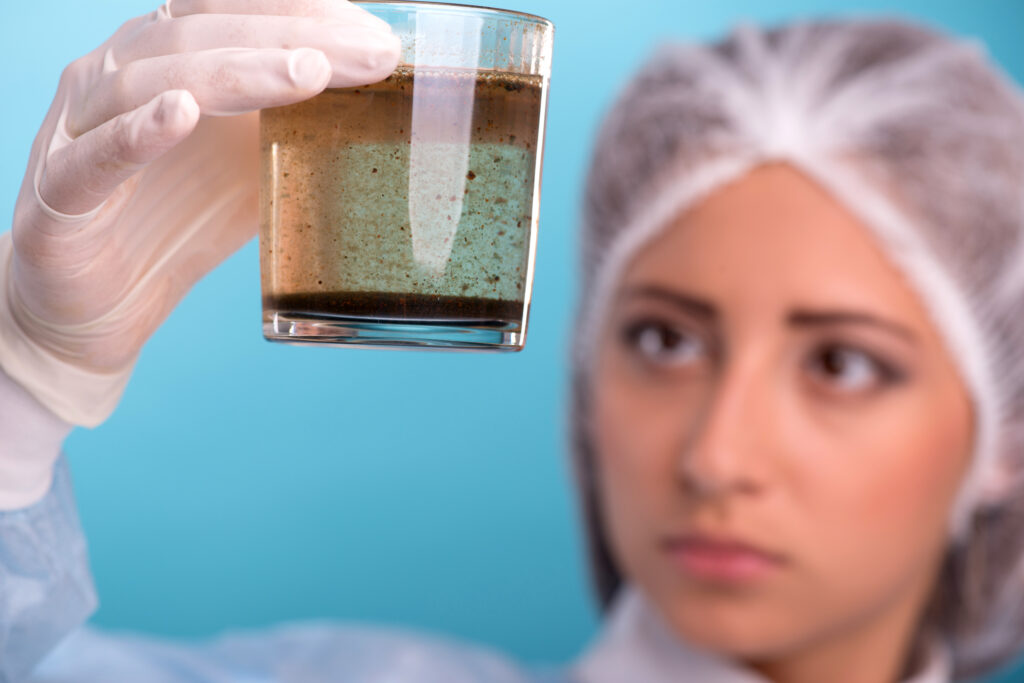
Sodium Hydroxide… Lye If you have an idea or a little information on lye you would understand right away that this is the answer to why distilled water is so important in soap making.
Lets break it down. Lye, is an alkali that tends to react to many other substances. The more volatile substances we can directly point out are
- Aluminium
- Lead
- Tin
- Zinc
- Hydrochloric acid
- sulfuric acid
- Nitric acid
- Water
While you may never think you come into contact with some of these reactive substances you may be around them more than you know.
What Contaminants can be found in water other than distilled water?
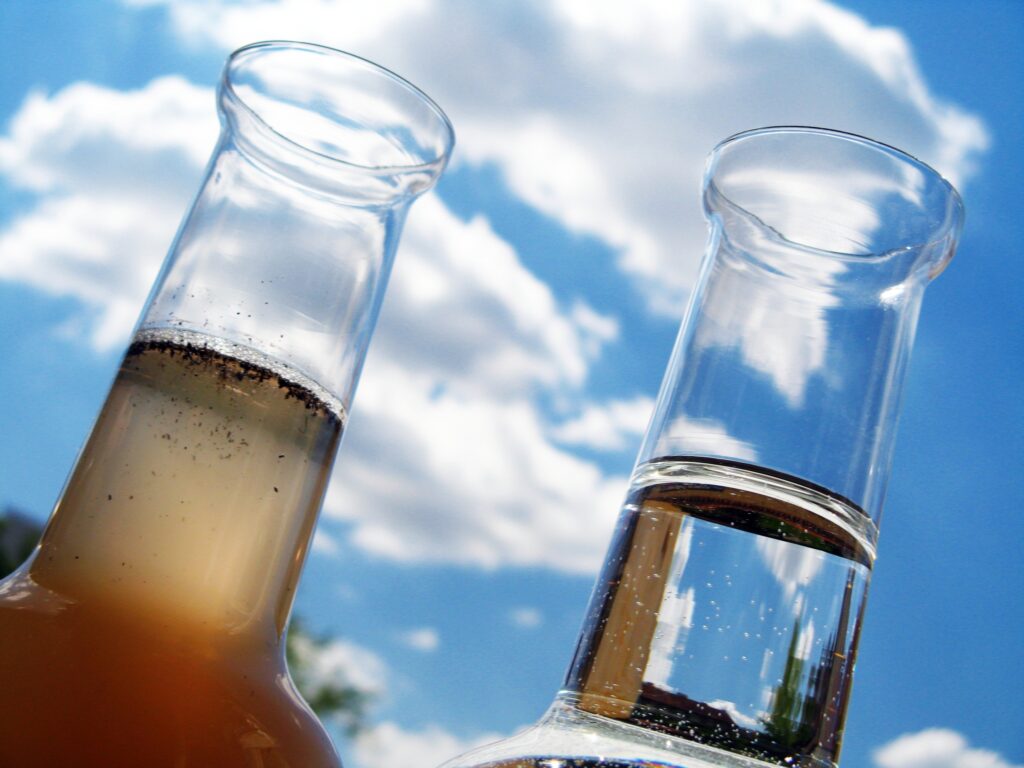
Soap making requires lye to be dissolved in a liquid in order for the lye to bind with oils, fats and butters to create soap. These liquids believe it or not can contain any number of these substances or the container you use or store the liquids in may have traces of these substances.
Lets take spring water for example. Its considered a natural source of water however spring water can contain potential contaminants such as zinc, copper, iron, manganese and other substances. To use spring water as your liquid you can potentially be causing a secondary chemical reaction in your soap batter that may or may not have adverse effects on your end soap or usage.
The process of making Distilled water often eliminates many of these heavy metals and contaminants from the water rendering it the safest liquid to be used in soap making.
Do not be discouraged however as there are many options when it comes to what liquid can be used in soap making which can span from milk to wine or beer. Just know that every other liquid used in place of distilled water requires additional steps or precautions.
Can I use other types of water when making soap?
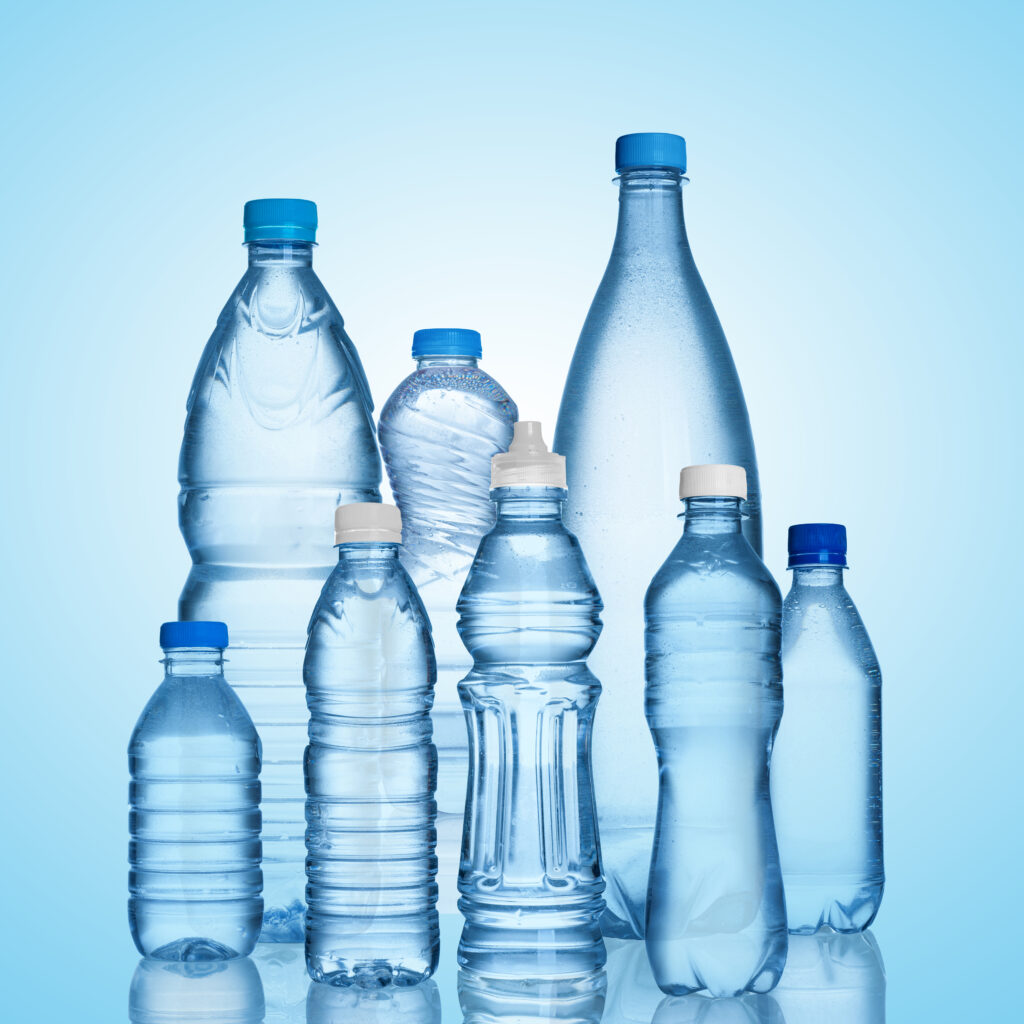
Yes you can, just remember any other liquid used besides distilled water will increase the chances of a secondary lye reaction and you will most likely be required to take extra steps to ensure yous soap turns out okay.
Other types of water that have been used in soap making, purified water, rain water, filtered water, bottled water, spring water and tap water. Lets take a quick look at each of them and how they are produced.
Filtered Water
This is the simplest of all waters. To filter water simply means it went through some filtration system such as activated carbon or some ceramic filter to remove harmful substances from the water. This does not meal all substances have been removed.
Purified Water
Purified water is one step above filtered water in that it is purified often through reverse osmosis. The water is filtrated and then undergoes reverse osmosis which further removes contaminates and certain bacteria from the water.
Rain Water
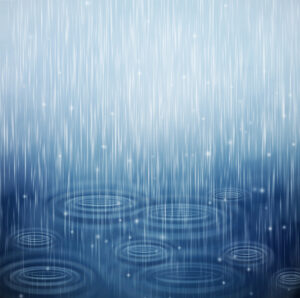
While it seems to be the most natural of all water especially for natural soap makers. Rain water can actually be very dangerous to ingest or use in soap making. Rain water is unfiltered. Its process to make is similar to distillation however with our airs polluted by cars and other industrial equipment rain water picks up much of this pollution on its way down to earth and your rain water could be loaded with contaminants.
Bottle water
This seems like a no brainier however in recent times it has been discovered that our bottled water companies are not as forthcoming as we would like. Many use the same tap water the city produces add some minerals for taste and resell to consumers as good clean pure water. While it may have passes the city inspectors as drinkable there are some naturalist that will disagree. Research this for your self based on your city.
Spring Water
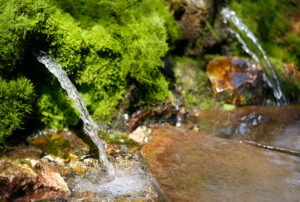
As discussed earlier in this article spring water can have a list of minerals along with bacteria and fungi. Without going through a proper filtration and purification process its good to be careful of such natural waters.
Tap Water
Tap water can sometimes not be distinguishable from drinking water. However we do know that certain chemicals are added to our tap water to make it safe to drink and use on our skin.
All these types of water have their drawbacks but do not let this stop you for experimenting with them. Run small batch test to ensure that these waters do not cause any adverse effects to your soap or your skin when you use them.
Compare the same recipe made with various water to each other this is the best way but also a time consuming one that is worth the test.
What other liquid can I use to make soap besides distilled water?
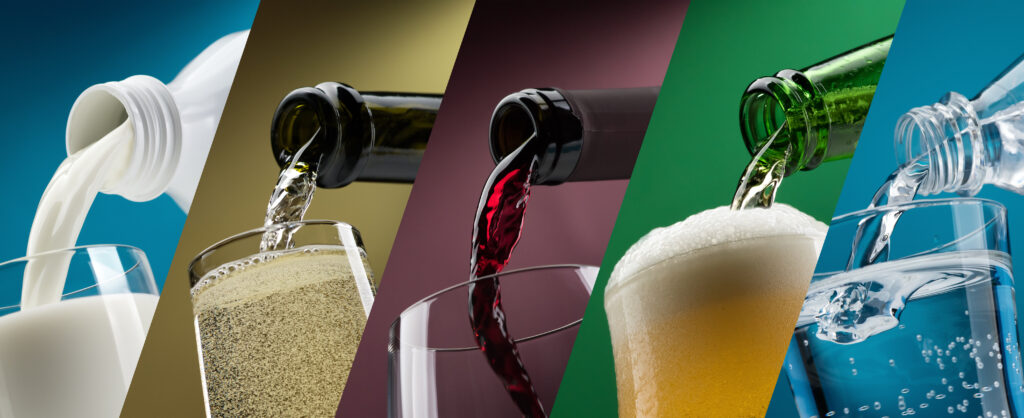
- Tea
- Coffee
- Beer
- Wine
- Milk
Using other liquids for soap making is not an uncommon practice. In fact persons boast of the amazing soaps they have made using various liquids.
Earlier in this article It has been mentioned that whenever you use other liquids other than water that you will have to undergo a few extra steps. A good example of this is the use of beer or wine.
Keep in mind that soap making is a chemical process. Lye reacting and converting fats into soap is the essence of soap making that produces heat. Mixing heat with wine and or beer can cause your soap to heat up very fast. The sugars in these liquids react with the lye and heat and cause your soap to become super heated.
Some molded soaps are known to volcano, which means it swells in the middle and the internal middle of the soap is squeezed out of the soap. Much like lava from a volcano. The extra step to avoid this calls for you to boil the beer or wine to get rid of as much of the sugar and alcohol as possible.
Milk is quite the opposite. Goats milk soap has been a popular soap for a while do to its reported ability to help persons with skin issues. To use milk and gain its properties in your soap you have to keep your soap temperature low as to avoid over heating the milk and burning it.
Burnt milk in soap does not smell good at all. To manage over heating some soap makers would freeze the milk in blocks of ice and then slowly add lye to the ice in a safe container one bit at a time. The lye will react with the frozen milk and eventually melt it all leaving you with a much cooler milk lye mixture.
What liquid should you use in soap making?
Soap making can become very creative using various ingredients, however when starting out in soap making take your time and start with the basics first.
Use distilled water until you gain enough confidence to try other liquids and other techniques. It may be difficult to find distilled water depending on your location and if you do find it sometimes it could be quite expensive. Keep an eye out in your grocery stores or as local bottled water companies if they sell distilled water.
If for some reason you cannot get your hands on distilled water then you will be forced to test other types of water that are more available to you. Try to find purified water if possible, its the closest you can get to distilled water.

